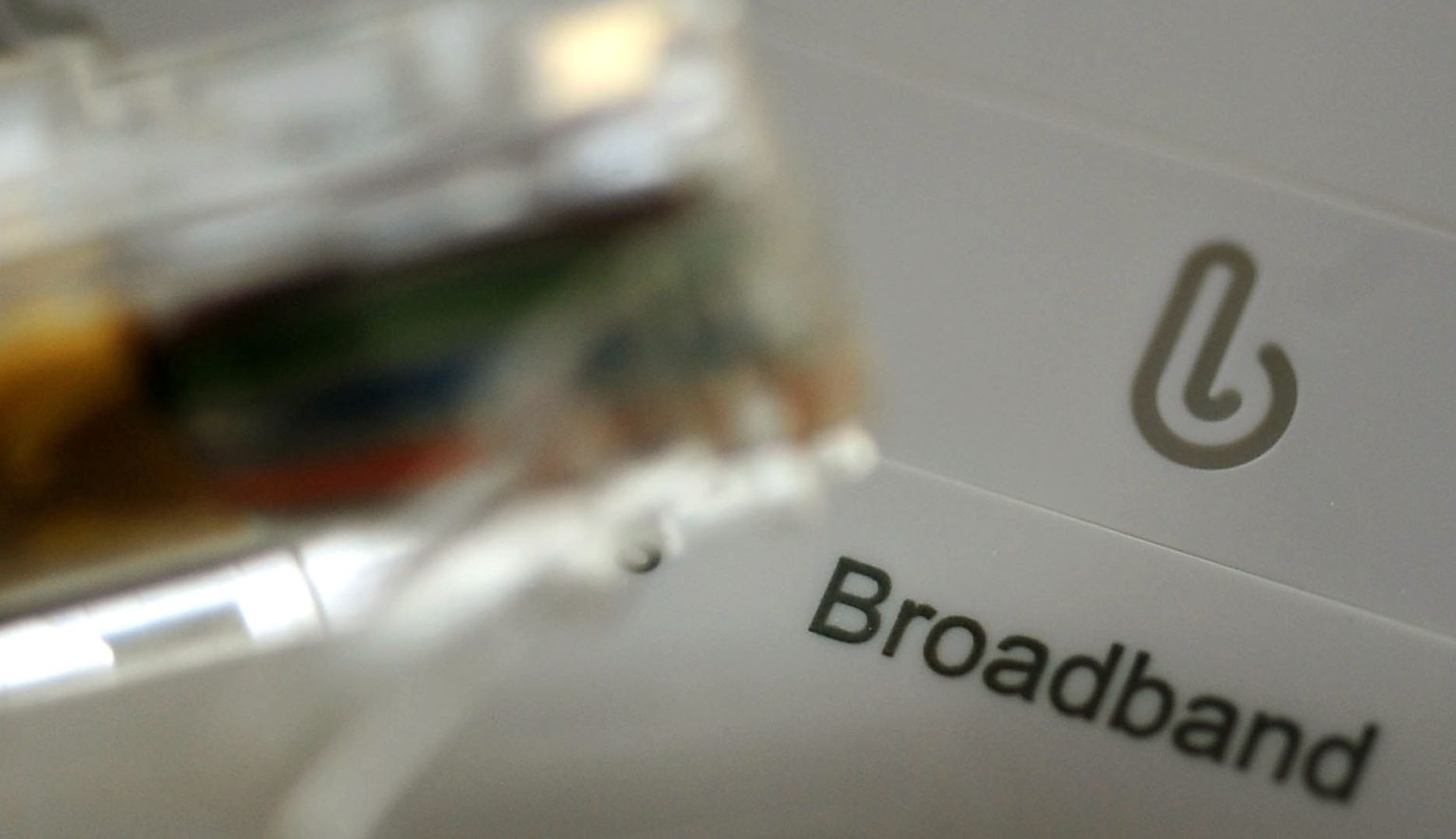Sky customers are bracing for another round of price hikes this spring, with the average bill set to increase by 6.2% from April 1st. This marks the third consecutive year of price increases, following a 6.7% rise in 2024 and an 8.1% surge in 2023. Unlike some providers who link mid-contract increases to inflation, Sky’s adjustments are not inflation-based, exempting them from Ofcom’s new regulations requiring upfront disclosure of price increases in pounds and pence. Consequently, the precise impact on individual bills will vary depending on the specific Sky products and services subscribed to. Illustrative examples include a £2.42 increase for a package comprising Sky TV, Netflix, and Full Fibre 150 broadband, a £2.17 rise for Essential TV and Full Fibre 150, and a £3.16 jump for Essential TV and Full Fibre Gigafast Broadband. These increases could translate to an annual rise of up to £38 for some households. Sky justifies the increases as necessary to maintain value, invest in services, and mitigate the financial impact on customers.
These price increases extend to Now Broadband customers as well, as Sky owns both brands. However, customers on broadband and mobile social tariffs will be spared from these increases, benefiting from a price freeze. This announcement follows a separate price hike for out-of-contract Sky Mobile customers, who will see their monthly bills rise by £1.50 next month. With an estimated 37% of pay-monthly mobile customers out of contract, potentially up to a million Sky Mobile customers could be affected by this increase. Customers within their contract period will remain unaffected.
The broader context of these price increases lies within the ongoing debate surrounding inflation-linked price hikes in the telecom industry. Over the past four years, telecom companies have faced criticism for imposing above-inflation mid-contract price rises on fixed contracts, often tied to the Consumer Price Index (CPI) or Retail Price Index (RPI). This practice has resulted in significant bill increases for millions of customers, adding as much as £50 annually during the current cost-of-living crisis. While providers argue that these increases are necessary to cope with rising costs, consumer advocates contend that fixed contracts should maintain a consistent price throughout their term.
Other major broadband and TV providers are also implementing price increases. BT and EE customers will see hikes ranging from 6.4% to a flat fee of £3, depending on their contract start date. Similarly, Vodafone customers face increases linked to January’s CPI plus 3.9% or a flat £3 fee, depending on their contract date. Plusnet’s increases mirror this pattern, with rises tied to December’s CPI plus 3.9% or a flat £3. TalkTalk is implementing similar increases, aligned with December’s CPI plus 3.9% or a £3 flat fee. Community Fibre customers will see increases linked to January’s CPI plus 2.9% or a £2 flat fee.
Consumers facing these price hikes are encouraged to explore options for mitigating the impact on their budgets. Switching contracts is often the most effective way to save money, but penalties for mid-contract termination may make it advisable to wait until the contract renewal period. When comparing deals, it’s crucial to consider not only price but also usage patterns for minutes, texts, and data to ensure the chosen plan meets individual needs. Comparison websites like MoneySuperMarket and Uswitch can facilitate this process. For customers satisfied with their current provider, haggling for a better deal is a viable option, especially during contract renewal. Being prepared with market knowledge of competitor offers can strengthen the negotiating position. Threatening to leave can sometimes prompt providers to offer retention deals. Finally, exploring social tariffs, designed for those receiving specific benefits, can provide substantial cost savings.
In conclusion, the upcoming price increases from Sky and other providers underscore the challenging financial landscape for consumers. While providers cite rising costs as justification, the impact on household budgets is undeniable. Consumers are urged to proactively explore strategies for minimizing the impact of these increases, including switching providers, haggling for better deals, and investigating social tariffs. Careful consideration of usage patterns and comparison shopping are essential for securing the most cost-effective services. The ongoing debate between providers and consumer advocates highlights the tension between rising costs and the expectation of fixed pricing within contract terms.


